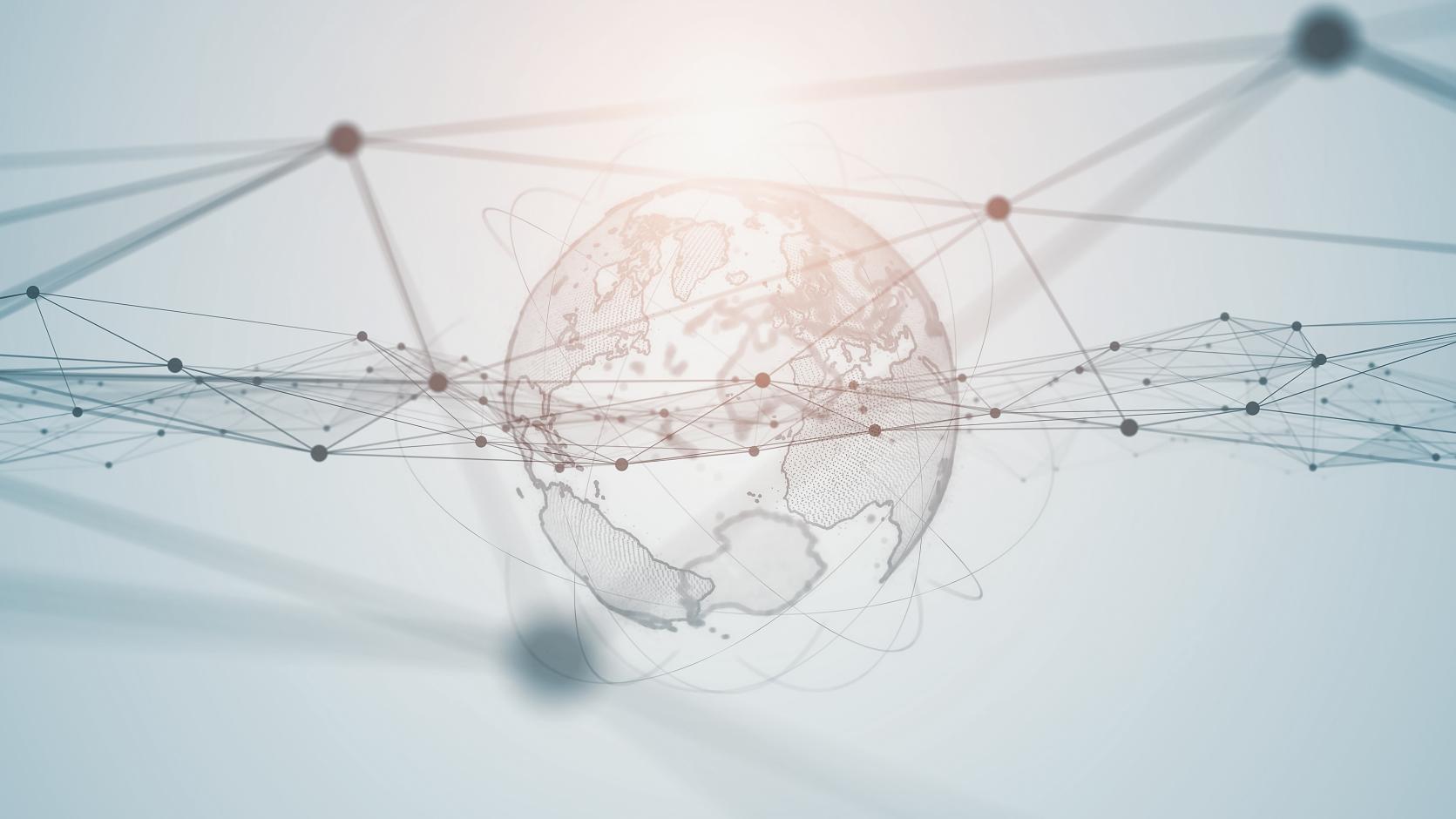Stanford Impact Labs Invests in Data-Driven Efforts to Improve International Economic Policy
Global Capital Allocation Project (GCAP) awarded $2.5M over five years

Stanford Impact Labs (SIL) is thrilled to announce a $2.5 million Stage 3: Amplify Impact investment over five years to support the solutions-focused, partnership-based work of the Global Capital Allocation Project (GCAP).
GCAP is an international macroeconomics and finance research lab co-directed by professors Matteo Maggiori of Stanford University, Jesse Schreger of Columbia University, and Brent Neiman of the University of Chicago (on leave at the U.S. Department of the Treasury). The lab’s goal is to shed light on how capital moves around the world to improve international economic policy.
The Stage 3 funding will enable GCAP to (1) continue building a comprehensive data set of cross-border investments that inform a range of macroeconomic policy decisions and (2) develop policy-relevant frameworks for how countries use economic tools for geopolitical purposes.
“This team’s research informs policy decisions that impact hundreds of millions of lives,” notes Michael Eddy, SIL's director of investments. “That is precisely the sort of return on investment we seek, on Stanford’s behalf, when SIL invests in solutions-focused social science. Our hope is that the benefits to society (of a funded project or suite of projects) far exceed the costs of conducting the work. That is absolutely the case with GCAP.”
In 2022, GCAP received a Stage 2 investment from SIL to support a collaboration with the European Central Bank (ECB). The team analyzed granular data on individual security-level investments of Euro Area investors and reclassified the location of these investments based on the true location of investors and firms that manage the assets – effectively supporting the central bank to “see through” financial centers. The resulting set of publicly available statistics, released in collaboration with the ECB, informed the ECB's flagship report on financial integration and structure in the Euro Area, supporting the conclusion that the Euro Area is less financially integrated than official data suggests.
Last June, Matteo Maggiori, GCAP’s faculty co-director and Professor of Finance at the Stanford Graduate School of Business, was awarded the Bernacer Prize for Promoting Economic Research in Europe. Speaking about the team’s work tracking global capital flows, ECB Vice President Luis de Guindos noted: “Despite the great data challenges, Matteo and his co-authors – in a cooperation between the Global Capital Allocation Project and the ECB – also took on the task of disentangling the investment positions of offshore-like financial centers within the Euro area…This project is not only promising because it may change our priors on financial exposures within and outside the euro area, but also because it demonstrates how central banks and academics can join forces to shed light on complex financial intermediations chains within Europe and globally.”
GCAP’s more recent research on economic coercion and fragmentation is just one example of a framework the lab has built (and plans to test) to support policymakers to design better economic security policies in a world where geoeconomics play an enormous role.
Geoeconomics is the use of countries’ economic strength from existing financial and trade relationships to achieve geopolitical and economic goals. As Maggiori notes, “Today, competition between the U.S. and China has made geoeconomics once again very salient. And we, as economists, now have more tools to take a serious crack at understanding what geoeconomic power is, where it comes from, and what are the likely impacts of wielding it.”
Recent examples of geoeconomic power include China’s Belt and Road Initiative and the U.S. demand to European countries to stop using 5G technology supplied by China. Applying the framework to trade and financial data, it is possible to identify and measure sources of geoeconomic power for countries worldwide. For example, the team finds that U.S. power relies strongly on financial services while China’s power is more related to manufacturing trade.
GCAP’s work aims not only to describe how geoeconomic power works, but also to understand the trade-offs policymakers face when designing geoeconomic strategies such as anti-coercion policy. “Smaller countries can insulate themselves from geoeconomic pressure by pursuing anti-coercion policy, but they face a tradeoff between gains from trade and economic security,” explains Maggiori.
By combining their theoretical work with big data on trade and financial linkages, GCAP projects focus on uncovering, measuring, and analyzing geoeconomic power globally to provide policymakers with a framework to evaluate and improve international economic policy.
“In GCAP, we see a research team that is not only tackling a large social problem, but doing so in a way that is actively advancing the frontiers of social science,” notes Misan Rewane, SIL's Executive Director.
Stage 3: Amplify Impact funding from Stanford Impact Labs (SIL) is designed to supercharge Stanford research teams that have a demonstrated track record of successful partnership-based research and development (R&D) cycles and are ready to take their work to the next level. Stage 3 funding supports teams to either put specific insights to use across multiple contexts at scale (Track A), or run multiple R&D cycles across multiple different insights around a common impact-focused research agenda (Track B). The 2024 Stage 3 investment in Global Capital Allocation Project (GCAP) is a Track B award.
